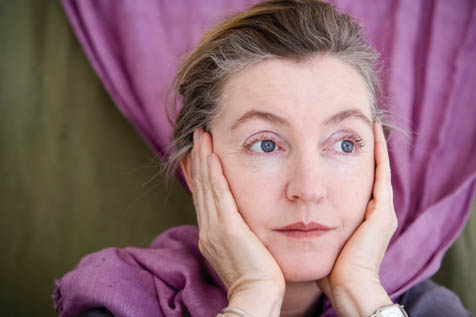

The story of Hurricane Katrina as originally constructed served authoritarianism, racism and a generally grim view of human nature. It has gained more ground than I ever imagined it would, and the history books may yet get this one right. For the past two years an antithetical version has been overtaking it, one that tells the real story of who went crazy and who was in danger in the days after the hurricane. “It isn’t ubiquitous.… As Viktor Frankl remarked, ‘Often it is just such an exceptionally difficult external situation which gives man the opportunity to grow spiritually beyond himself.The widely told initial version of Hurricane Katrina was a lie and a slander, based on rumors and racism, and it’s been falling apart steadily ever since. “Disasters are, most basically, terrible, tragic, grievous,” she acknowledges, “and no matter what positive side effects and possibilities they produce, they are not to be desired.” At the same time, our response can be transformative. Her argument is not that these events are good things.

So, too, the catastrophes Solnit describes. Our reaction has been in many ways a grassroots effort, enacted at the level of our neighborhoods. Such an observation reflects something of what we’ve experienced these past 15 months, as COVID-19 has forced us to reassess community and shared responsibility. Life was situated in the here and now, and many inessentials had been pared away.”

“For weeks after the big earthquake of 1989,” she notes, “friendship and love counted for a lot, long-term plans and old anxieties for very little. For Solnit, what’s essential is the sense of presence that emerges in the face of collective crisis, the way disruption seems to root us in our lives. A Paradise Built in Hell uses five 20th-century disasters-the 1906 earthquake and fire in San Francisco the enormous 1917 explosion in Halifax, Nova Scotia the 1985 Mexico City earthquake 9/11 and Hurricane Katrina-to explore human resilience and empathy. Solnit is no Pollyanna she is among our most acute and insightful social critics, a writer and thinker who routinely cuts against the grain.

I was more surprised to realize that most of the people I knew and met in the Bay Area were also enjoying immensely the disaster that shut down much of the region…if enjoyment is the right word for that sense of immersion in the moment and solidarity with others caused by the rupture in everyday life.” “When earthquake shook the central California Coast on October 17, 1989,” she recalls, “… I was thrown into an intensely absorbing present. When does calamity cause community? With A Paradise Built in Hell, Rebecca Solnit argues that it’s more common than we might believe.


 0 kommentar(er)
0 kommentar(er)
